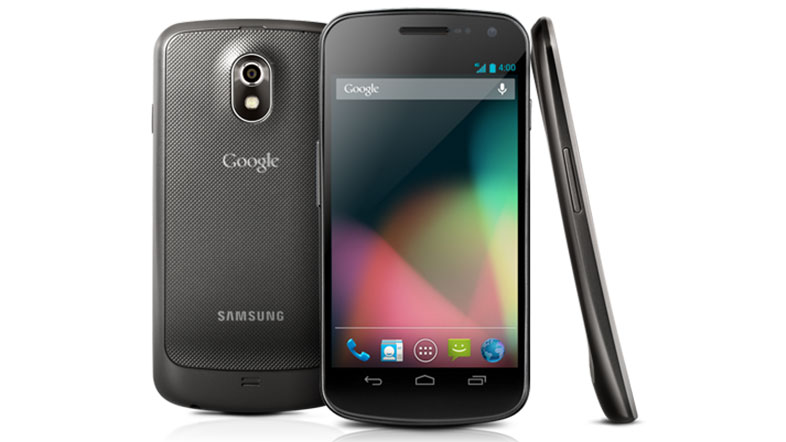Google Nexus for Verizon gobbles up Jelly Bean update
Rolling out Friday

Some Verizon customers with Samsung Galaxy Nexus smartphones should notice a new OS overtaking their devices Friday - Android 4.1: Jelly Bean.
This marks the first Verizon phone to get the candy-named OS, the company said in a press release.
The company said that for a limited time, the upgrade will only be pushed out in phases through Wi-Fi.
Counting the Jelly Bean features
Clinically named SW Verizon JR0030, the Jelly Bean update brings services like Google Now to a more accurate and amped-up system.
Users can receive up-to-the-minute information on weather, traffic, public transportation, and even sports scores through Google Now, according to Verizon's announcement.
Voice Search, a Siri-eque service that talks back to users with answers to spoken queries, is also part of the update.
An improved Notifications bar that provides a more in-depth look at messages and emails lets users make calls, share photos, and see event details, among other touch-ups.
Are you a pro? Subscribe to our newsletter
Sign up to the TechRadar Pro newsletter to get all the top news, opinion, features and guidance your business needs to succeed!
With the Smart Keyboard - also available through the upgrade - the Nexus will have more accurate and relevant dictionaries for prompter auto-fill. Voice typing also works without a data connection and Text-to-Speech capabilities have been improved.
Overall, the phone should function more smoothly, highlighting the improvements between Jelly Bean and Ice Cream Sandwich, which is still being pre-installed in even the newest devices. Sprint's Nexus got the update earlier this month.
From Verizon
Michelle was previously a news editor at TechRadar, leading consumer tech news and reviews. Michelle is now a Content Strategist at Facebook. A versatile, highly effective content writer and skilled editor with a keen eye for detail, Michelle is a collaborative problem solver and covered everything from smartwatches and microprocessors to VR and self-driving cars.
